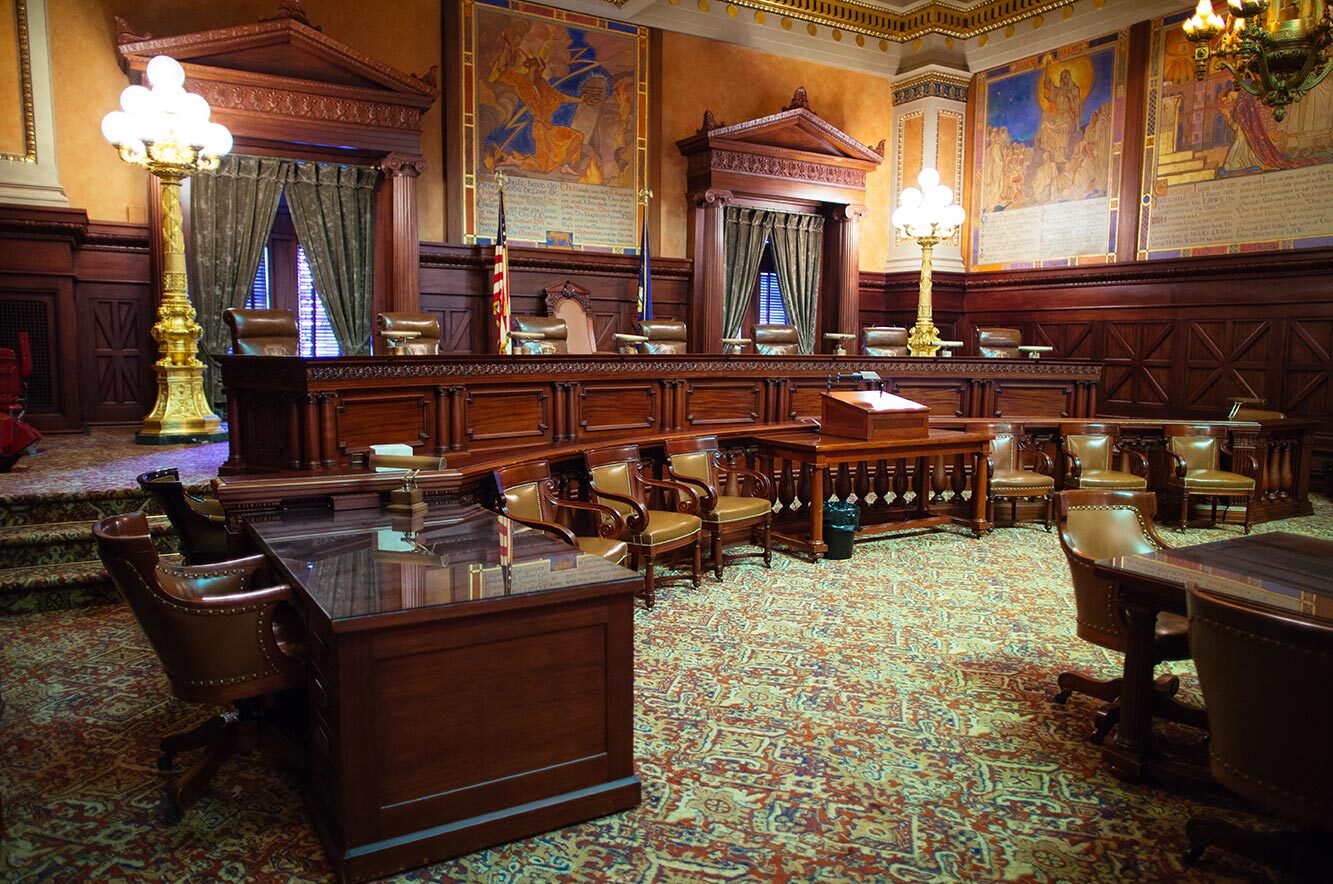Challenging Life Sentences in Pennsylvania
Derek Lee, once facing a lifetime behind bars for a murder he insists he did not commit, derives his perseverance from his faith, especially during the hardships heightened by the pandemic’s impact on prison programs. His limited access to a law library and the support of newly-appointed legal advocates have enabled him to challenge his life sentence without parole on constitutional grounds. This pivotal legal challenge could potentially open the door to freedom for over a thousand others in Pennsylvania, signaling a crucial moment for a state known for its harsh sentencing practices.
The Broader Impact of a Supreme Court Decision
As the Pennsylvania Supreme Court prepares to hear Lee’s case later this year, there’s a renewed sense of hope among inmates. Lee’s situation highlights the broader implications of felony murder charges, where individuals like him, who were present at a crime scene but did not commit the murder, still face life without parole. This policy has positioned Pennsylvania among the states with the highest numbers of inmates serving life sentences, reflecting a punitive approach out of step with modern standards of justice.
A Push for Legislative and Judicial Reform
The ongoing legal battle not only questions the constitutionality of automatic life sentences for felony murder in Pennsylvania but also challenges these norms on a federal level. If the court rules in favor of Lee, it could set a precedent that influences both legislative and judicial reforms across the country. Advocates argue that such severe penalties fail to consider individual transformation and rehabilitation, advocating instead for a justice system that allows second chances based on personal growth and societal contributions.
This case not only shines a light on the potential for redemption and the importance of re-evaluative sentencing but also stirs significant dialogue about the role of justice in rehabilitation versus punishment. As Pennsylvania grapples with these questions, the outcomes could redefine the future of many who are currently incarcerated under outdated and unforgiving laws.
